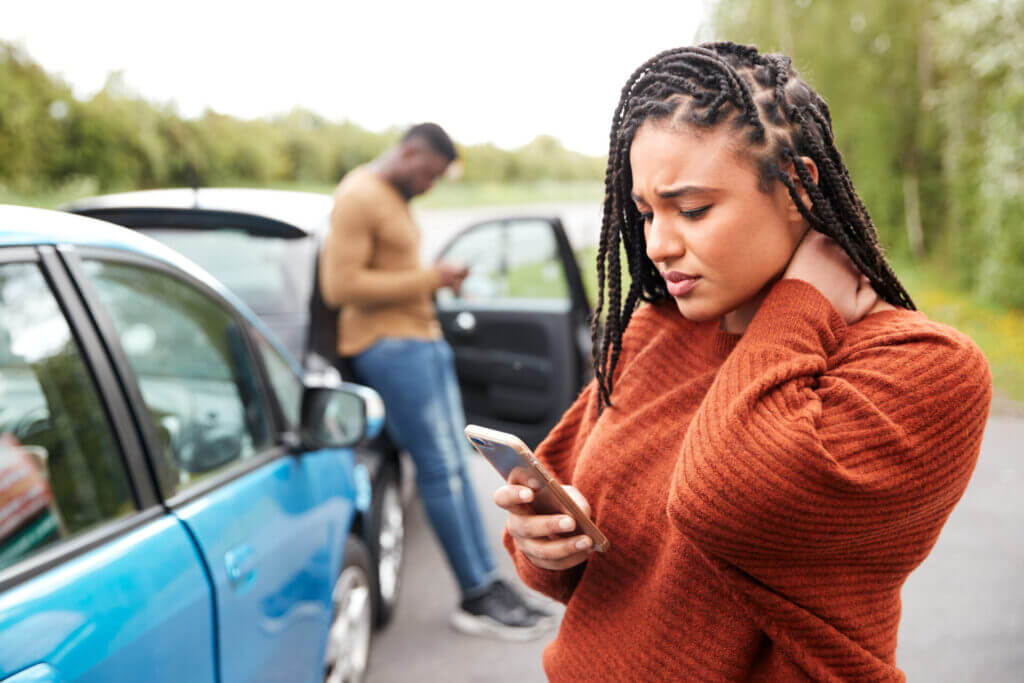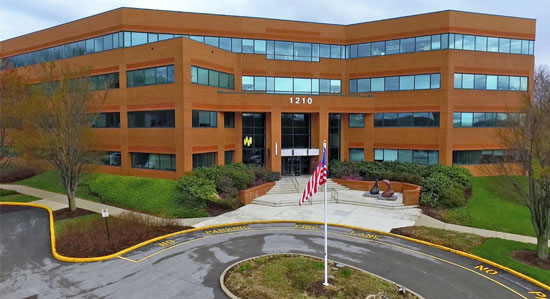Injured in a Rideshare Car Accident? Know Your Legal Rights in PA

Riders in Lyft, Uber, and other rideshare services have legal protections. In Pennsylvania, you have an established right to safety, including a vetted driver and a safe vehicle. While these protections help reduce the risk of rideshare accidents across the state, it’s still possible to be the victim of a Pennsylvania rideshare car accident. Learn more about your rights, what to do after an accident, and who you can pursue compensation from—and see how the legal team at Flager Law can help.
Understanding Your Rights as a Rideshare Passenger in Pennsylvania
When you’re hurt in a typical car accident, it’s often clear who the responsible party is. But once you’re a passenger in a rideshare vehicle, things get a little complicated. In order to protect your rights, Pennsylvania lawmakers have established certain rights that all rideshare passengers have that apply to your safety and potential compensation after an accident:
- The right to safety: As part of your right to safety, rideshare drivers must pass a background check that considers their driving history. The driver must also be clearly identifiable, and the vehicle must be safe, clean, and fully equipped with seatbelts. Your driver also has a duty of care.
- The right to seek compensation: Passengers can seek compensation for lost wages, medical expenses, and pain and suffering as a result of an accident. You’re covered under both the driver’s policy as their passenger and under the rideshare company’s policy as a customer. In Pennsylvania, rideshare companies—called transportation network companies—must have first-party medical coverage and third-party liability coverage, and that liability coverage may be up to $1 million.
Understanding these rights can help give you peace of mind as a passenger. In the event of a rideshare car accident, you can pursue multiple avenues of compensation.
Who Is Responsible After an Uber or Lyft Accident?
Because there are multiple parties involved in the incident, several different people and organizations can be held responsible. If the rideshare driver was directly at fault, then they are financially and legally responsible for managing damages, and they can file a claim under their insurance provider. The transportation network company might also be at fault if the driver has a history of unsafe driving but was allowed to continue working. If the rideshare driver was also a victim in the accident, such as if another vehicle hits the one you’re in, then both you and the driver can pursue that other driver for damages.
What Compensation Could You Be Entitled To?
Depending on the circumstances of the accident, the harm you incurred, and the strength of your case, you may receive the following types of compensation:
- Medical expenses, including immediate services and long-term treatment
- Pain and suffering for physical and emotional pain
- Lost wages due to recovery or hospitalization
- Property damage, including damaged personal items
The type and amount of compensation you receive can depend on the insurance coverage your rideshare driver and the company hold. You can also pursue a settlement for damages that exceed their insurance coverage or if there are additional factors, such as negligence and criminal activity.
How Flager Law Supports Injured Ridesharing Passengers
Flager Law is here to help rideshare passengers in the aftermath of an accident. Our team can help you pursue compensation by assisting with evidence collection, understanding the relevant policies, and representing you in negotiations with insurers. We can help you build your case, especially if you’re busy recovering from the incident.
Contact Flager Law Today
If you’ve been in a rideshare accident, acting fast is the best way to pursue compensation and protect your rights. Schedule a consultation with Flager Law today to tell us about the accident and get professional support.
Image credit: Monkey Business Images // Shutterstock

